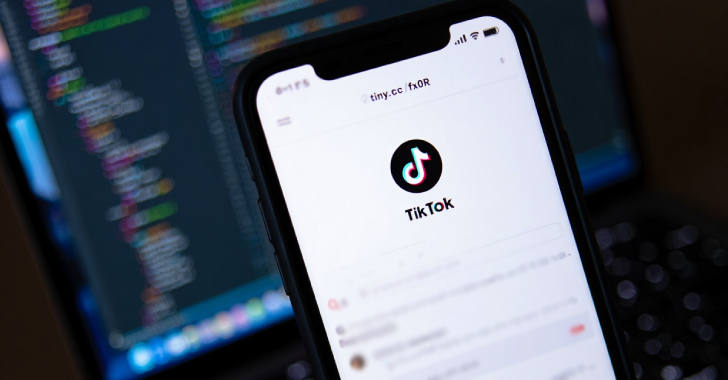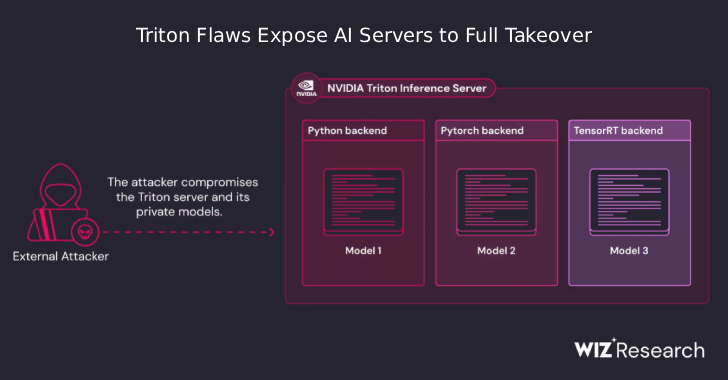Google, Amazon, Cloudflare Report Unprecedented Cyberattacks
Sound Alarm Over the Potential for Widespread Disruption
In one of the greatest scenes of cinematic history, Dr. Miles Bennell, after reaching the highway in Invasion of the Body Snatchers (1956), desperately warns the world of an impending invasion:
“We’re in danger! Something terrible’s happened! They’re after you! They’re after all of us! They’re here already! You’re next!”
You could say a similar warning was given earlier this year at the World Economic Forum’s Annual Meeting in Davos, where the best and brightest minds predicted that 2023 was going to be a consequential year for cybersecurity. A storm was brewing, they said, a “gathering cyber storm” that would bring with it an onslaught of incredibly sophisticated and relentless cyberattacks.
Fast forward to today, and it’s clear their predictions are coming true.
Tech giants, including Google and Amazon, are reporting that they have successfully defended against what is now being called the largest Distributed Denial of Service (DDoS) attack ever recorded.
A DDoS attack, for the uninitiated, is a malicious attempt to disrupt normal web traffic and bring down websites by overwhelming them with a flood of internet traffic. This cyber assault can lead to the crashing of websites and the unavailability of online services, causing significant disturbances.
The colossal scale of this latest attack is ringing alarm bells across the world.
Google disclosed that this mammoth attack commenced in August and reached a staggering 398 million requests per second—making it 7.5 times more potent than any of its predecessors.
Cloudflare, a renowned cybersecurity firm, was not spared either, facing an onslaught that was three times more massive than anything they had encountered before, with attacks peaking at 201 million requests per second.
Amazon’s web services division found itself at the mercy of an entirely new breed of Distributed Denial of Service (DDoS) attack, an innovative strategy that had not been witnessed before, marking a chilling evolution in the cyber threat landscape.
The attackers cunningly exploited a vulnerability in HTTP/2, a relatively recent version of the HTTP network protocol. This has led Google, Amazon, and Cloudflare to send out a clarion call to other companies, urging them to upgrade their web servers to shield themselves from similar cyber threats.
In a statement, Google emphatically warned, “Any enterprise or individual serving an HTTP-based workload to the internet is at potential risk from this attack. Organizations should ensure that any servers supporting HTTP/2 are robustly protected, and swiftly apply vendor patches for CVE-2023-44487 to mitigate the impact of this potential attack vector.”
As we stand on the brink of what seems to be a new era of cyber warfare, this incident serves as a stark reminder of the escalating cyber threats that loom over us. It is a wake up call for organizations and individuals alike to be ever-vigilant and proactively strengthen their cybersecurity defenses to weather the storm that is upon us.
Almost a year has passed since the alarm bells rang at the World Economic Forum’s Annual Meeting in Davos. Since then, we have seen an unprecedented surge in cyberattacks, ranging from sophisticated phishing schemes to paralyzing ransomware. Yet, as we find ourselves in the midst of this digital tempest, is there a beacon of hope that shines brightly on which we can depend?
The answer is: Cyber Resilience.
Cyber resilience is the ability to prepare for, respond to, and recover from cyberattacks. It combines cybersecurity measures to prevent attacks, and business continuity practices to ensure operations can continue during and after an attack.
You need cyber resilience to protect your personal or organizational data from being stolen or compromised. It helps minimize the impact of an attack, ensuring that your operations can quickly return to normal, and it helps protect your reputation and the trust of your customers or stakeholders. In a world where cyber threats are constantly evolving and growing in sophistication, cyber resilience is essential to safeguarding your digital assets and ensuring the long-term success and stability of your activities online.
As Sadie Creese, a Professor of Cyber Security at the University of Oxford, rightly put it, “There is no such thing as a hundred percent security. It’s about resilience in the face of insecurity.” So, as we navigate through these turbulent cyber seas, let us take a cue from the examples above and prioritize building a culture of resilience. Don’t wait until it’s too late.
Contact Cyber Defense Advisors if you have any questions about how to build a strong cyber resilience framework that will safeguard your business.






